Newspapers, radio, and TV in many countries usually avoid the problems of population growth and overpopulation. But by focused work it is possible to get the attention of mainstream media. This recently happened in Sweden, to judge from a TV program broadcast 13 April.
By Frank Götmark and Malte Andersson
How can you highlight the overlooked problems of population growth and overpopulation for the general public? Faced with population neglect in media, this is something we often discuss among TOP’s members in Sweden. A website with information and blogs of high quality is a possibility, if it gets attention and grows. But our blog is a dwarf compared to three influential morning newspapers in Sweden: Dagens Nyheter, Svenska Dagbladet, and Göteborgs-Posten. Their Debate or opinion pages (Op-Eds) are often cited in radio and TV, and two afternoon tabloids (Aftonbladet and Expressen) also have many readers.
Op-Eds in newspapers are therefore an important option. They require careful writing with many revisions after critical comments, and they should be backed up by links to scientific and other references. Many opinion editors prefer a connection to debates or topics in the news, such as recent reports from the UN, IPCC, or WWF.
In Sweden, newspapers publish responses to op-eds, sometimes up to 5 when the topic is hot and encourages debate. The author(s) of the original Op-Ed get the last word (‘Final Response’), which is not the case everywhere (in the US, for instance). This means that there can be extensive clarifying discussion. TOP members, sometimes together with other authors, have published about 15 Op-Eds in Sweden between 2018-2022, and members of ‘Nätverket för Population Matters Sweden’ have published probably more than 15 Op-Eds.
In a recent Op-Ed in Göteborgs-Posten (GP) we pointed out that Swedish ‘Public Service’ (national state-financed TV, ‘SVT’, and radio, ‘SR’) is silent on population growth and its effects. For instance, SR had only positive comments in November when humanity passed 8 billion people, and they even had people joke about it. After writing to several journalists (without answers) it nevertheless appears that our and other op-eds have been influential. On April 13, SVT had a 10-minute discussion of population growth in ‘Aktuellt’, a news program typically viewed by about a million Swedes.

The presentation in Aktuellt included graphs showing global and regional population growth projected to 2100, and discussion of carbon emissions in relation to population growth. A woman who decided not to have children was interviewed, and so was another woman worried about “eco-fascism” (referring to attempts to control population). There was an interview with Robin Maynard from Population Matters UK, and with a person from Sida (the Swedish agency for international aid) regarding Sida’s view about population growth in developing countries. Sida typically avoids population growth and rarely gives information about family planning.
Interestingly, a main theme in the program was that IPCC in their report to policymakers summarizing their sixth Assessment Report in 2022 did not mention their own scientistists’ conclusion that population growth and economic growth are the two main factors driving excessive greenhouse gas emissions. This is stated in their full report, but omitted in the summary report to policymakers, politicians and media. To our knowledge, this was first pointed out by TOP’s Philip Cafaro, in a blog posted 22 April 2022.
The omission of population growth as a major cause of climate change was emphasized by Robin Maynard in the SVT Interview. He said that we must address population growth because it overtakes the gains we get from implementation of renewable technology. The interviewing journalist, Erika Bjerström, then asked the seemingly inevitable identity-based question: “Who are you as a white middle-aged man here in UK to advise women in the global south about their fertility?” Maynard explained as best he could (see program interview here).
The next day Bjerström posted a text on svt.se, summarizing parts of the program. She emphasized again the remarkable fact that the UN (IPCC) did not tell policymakers, politicians, and the public about a major role of population growth in driving climate change, despite the consensus view of climate scientists on this aspect. She also wrote that IPCC does not deal with future greenhouse gas emissions produced by having an extra child (first calculated by Murtaugh & Schlax in 2009).
Having smaller families would be a good action to emphasize by the IPCC, not least for the benefits of climate adaptation for women and children in poor countries. But Bjerström emphasizes that this discussion seems to be “extremely sensitive”. Despite sensitivity, her conclusion is that ”many would welcome a new discussion about how it would be possible to support poor women and reduce the pressure on the Earth’s resources.”
The SVT commentary and text on 14 April probably opened the eyes of many who watched. Without previous critical op-eds and other media attention to population (such as interviews and radio programs where listeners can call and give their views), the SVT program on 13 April 2023 would have been unlikely.
The neglect of population issues can be challenged in other ways. Please tell us in the space below about successful actions; locally, regionally, nationally, or internationally. We need to learn from each other.


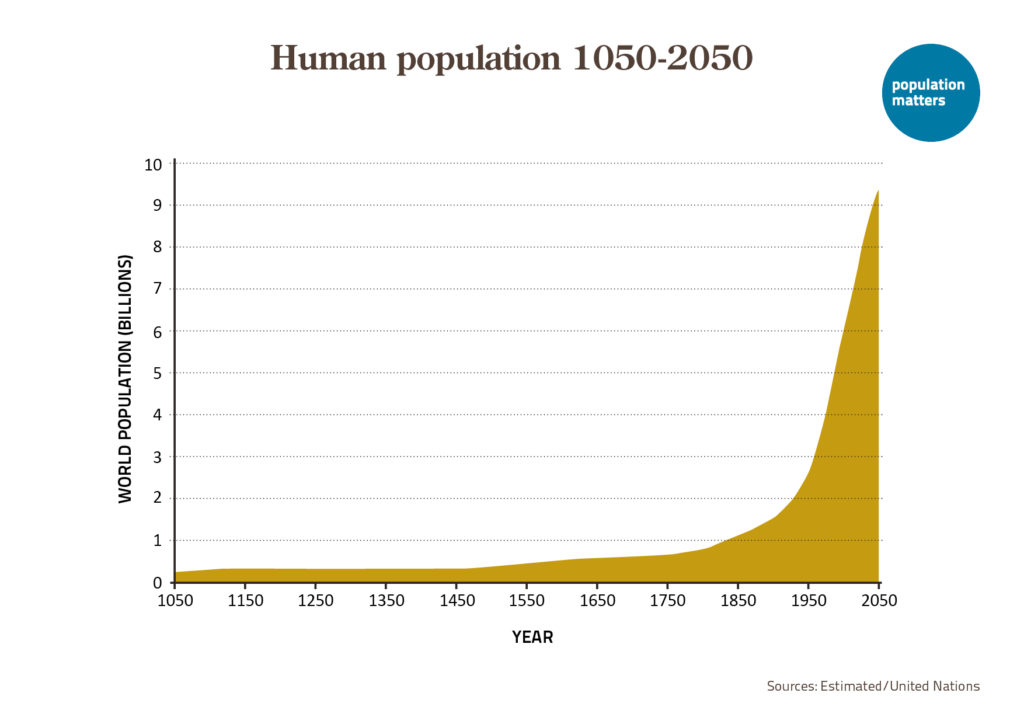
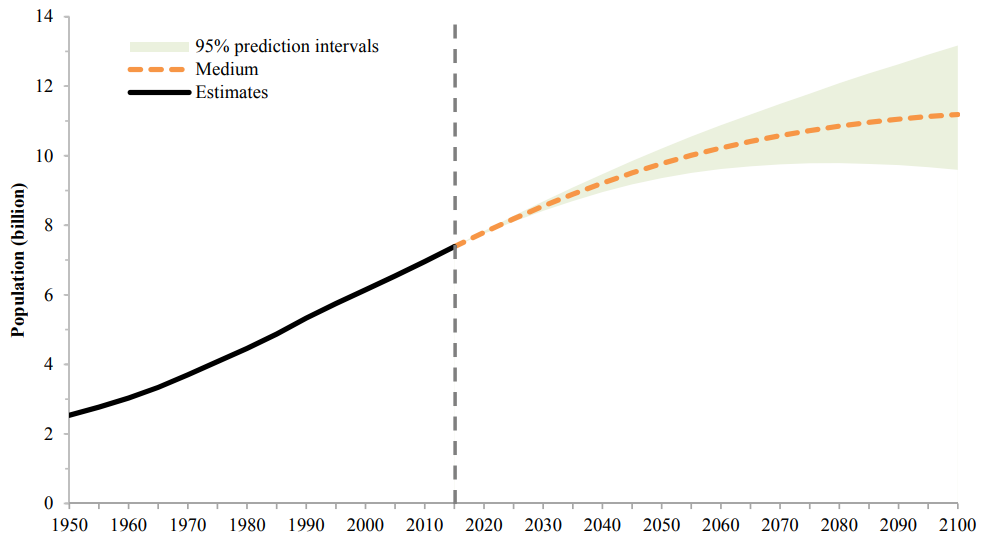
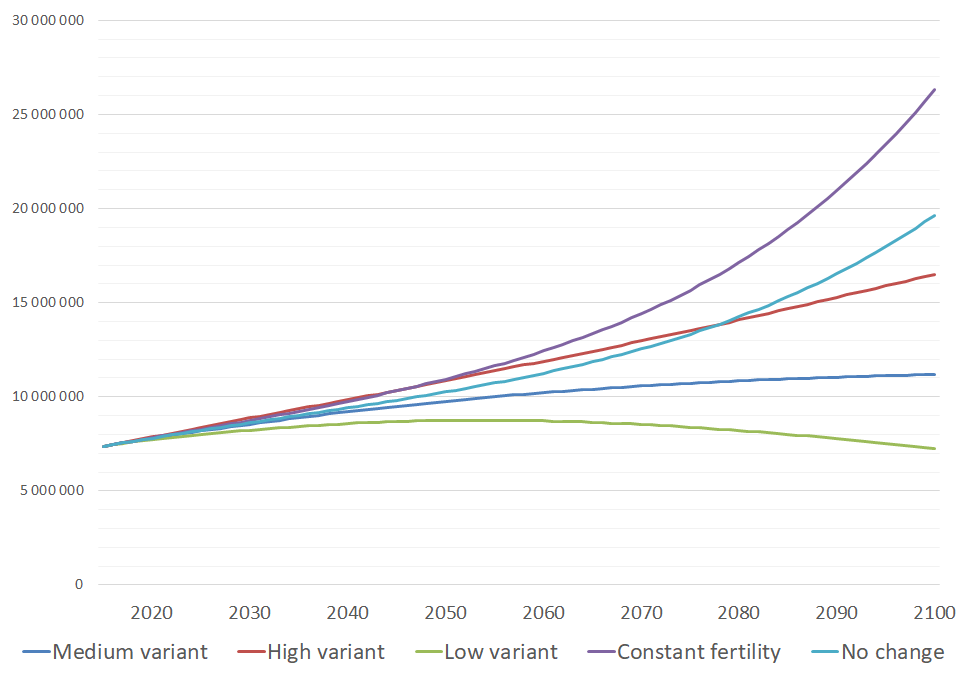
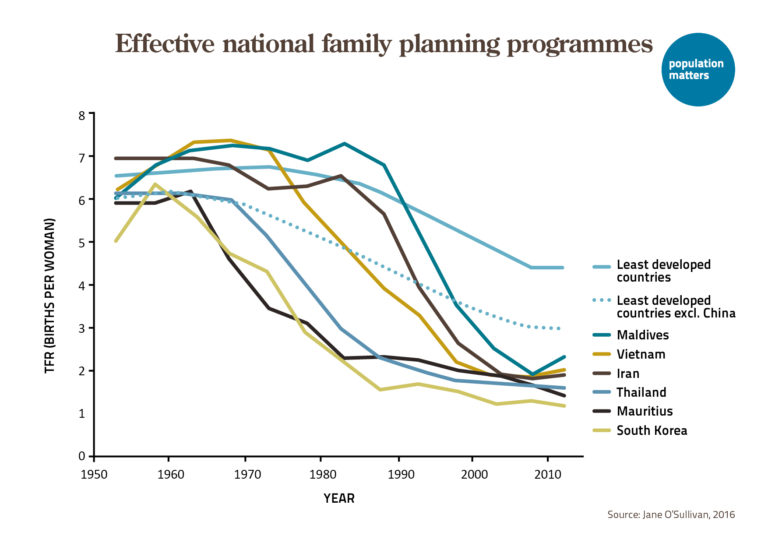

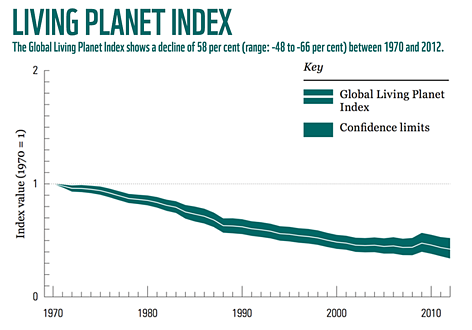
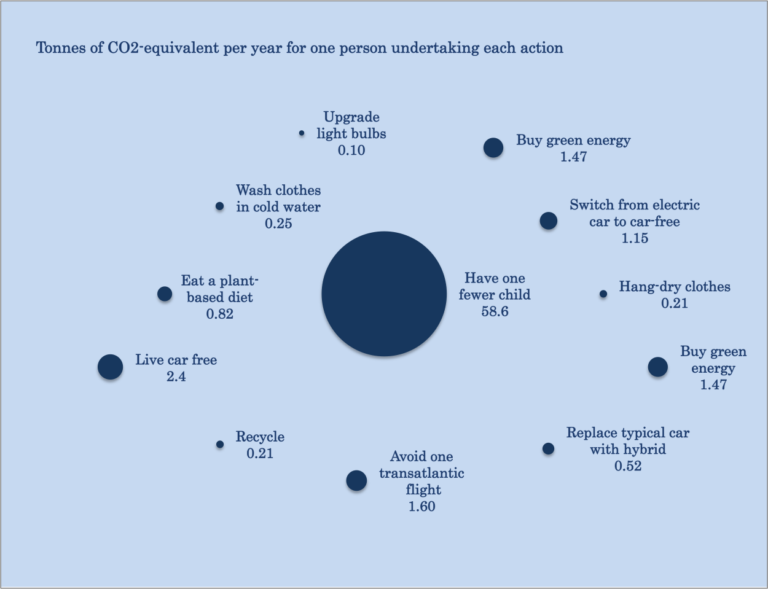
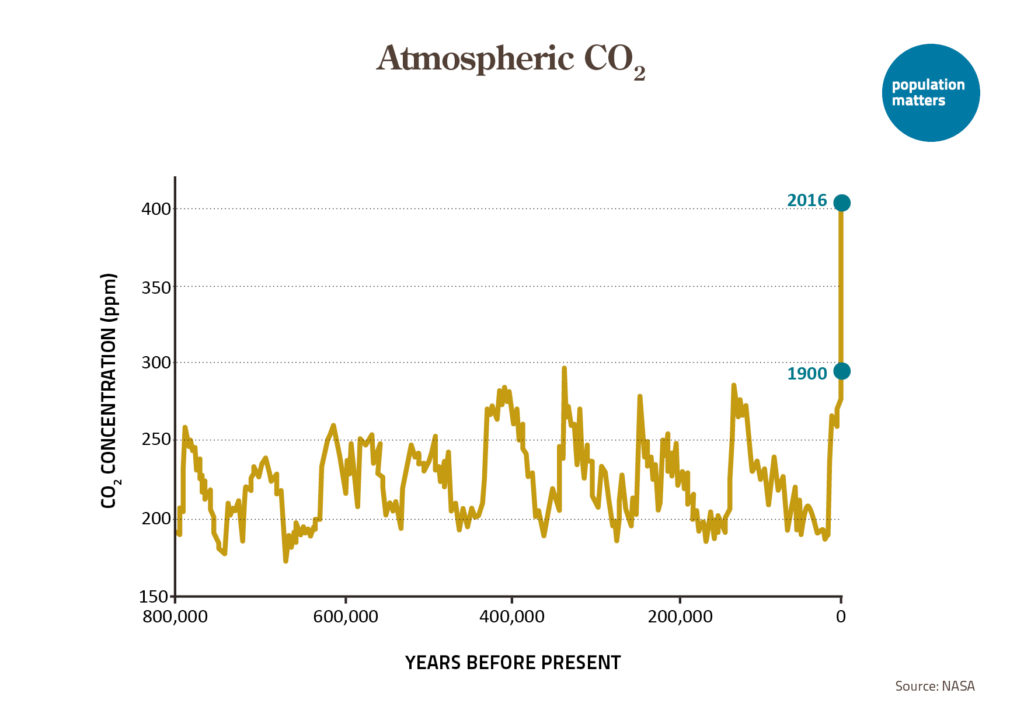
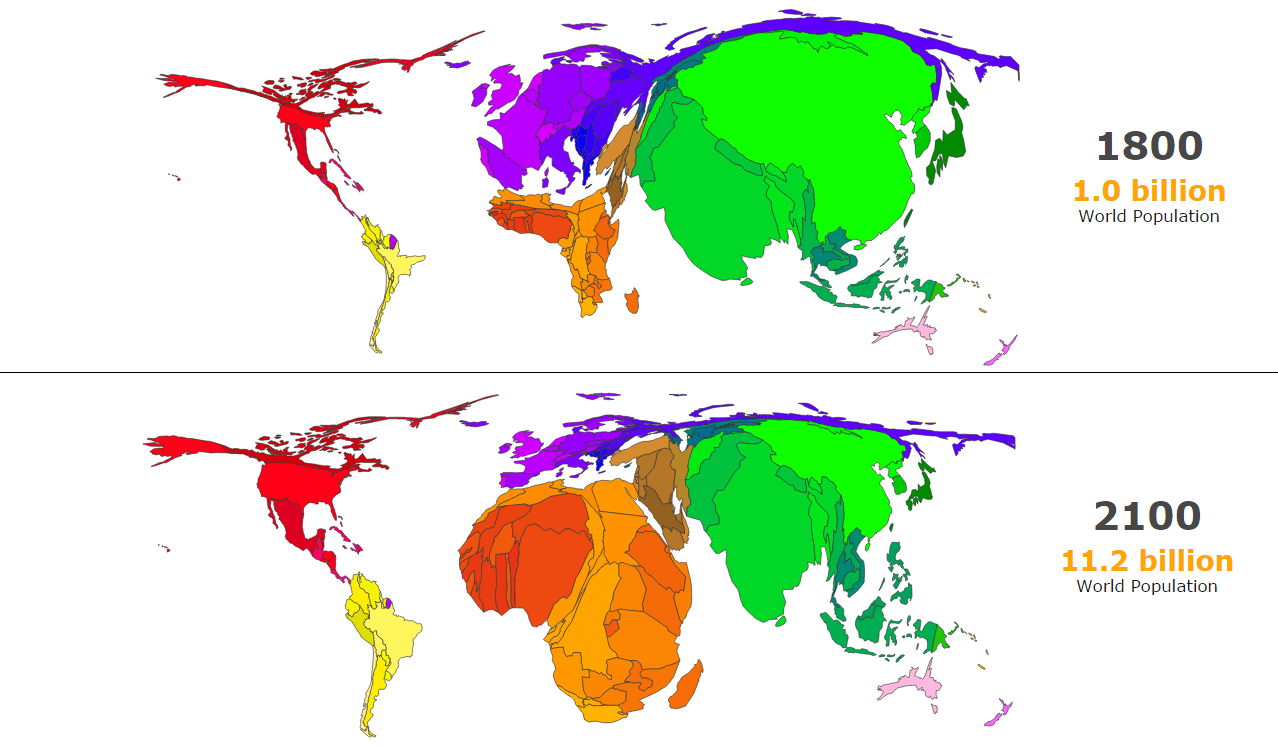
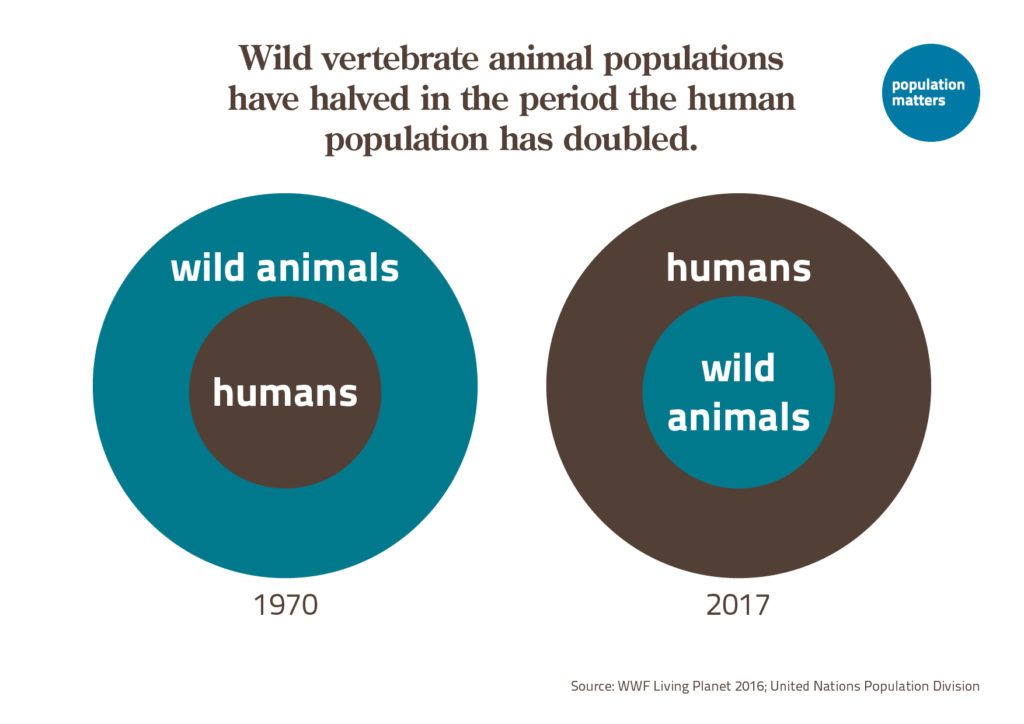
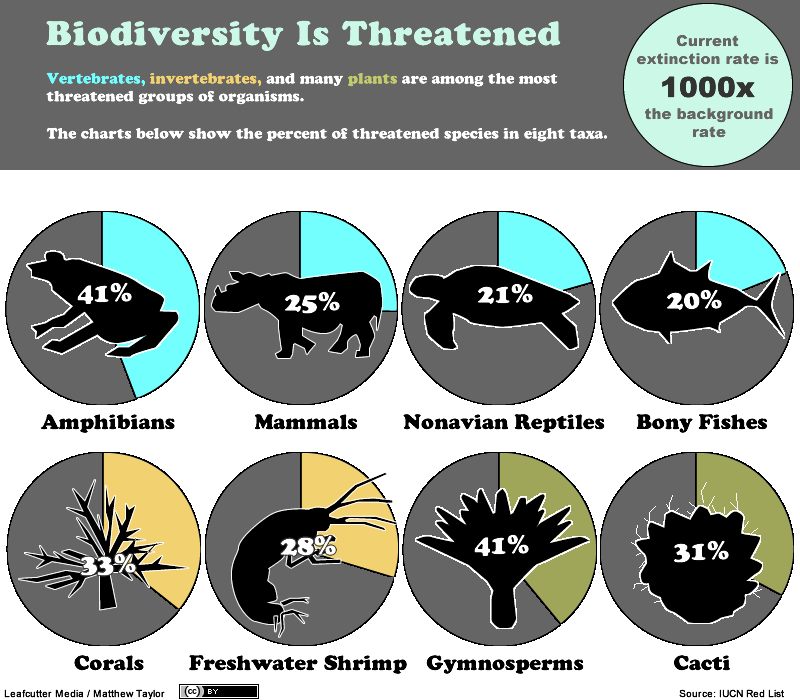
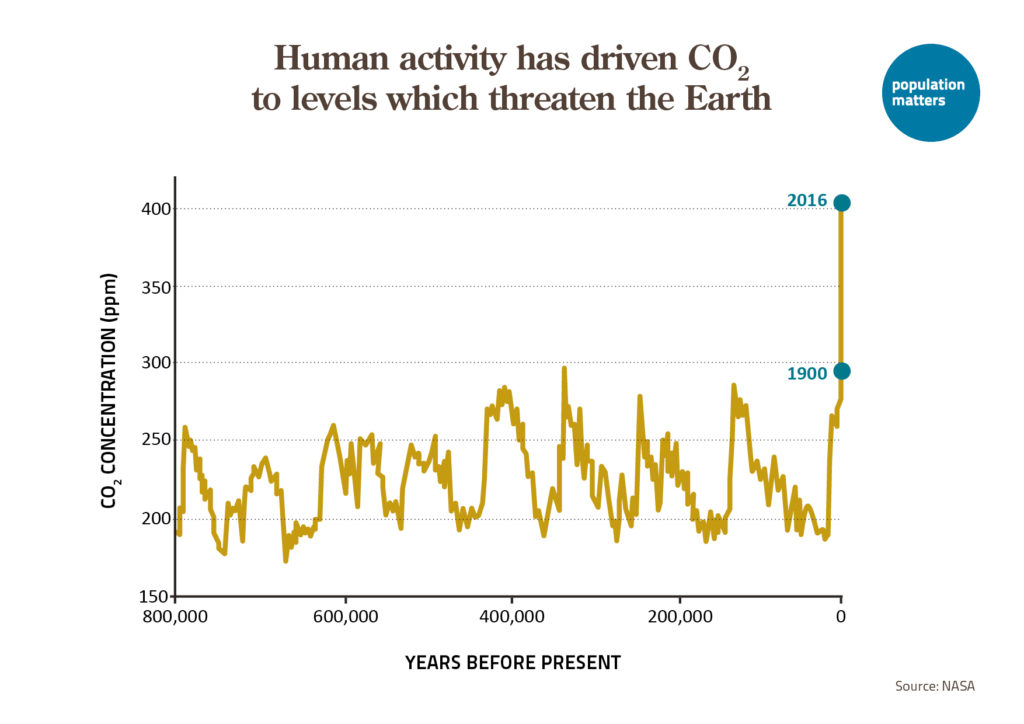
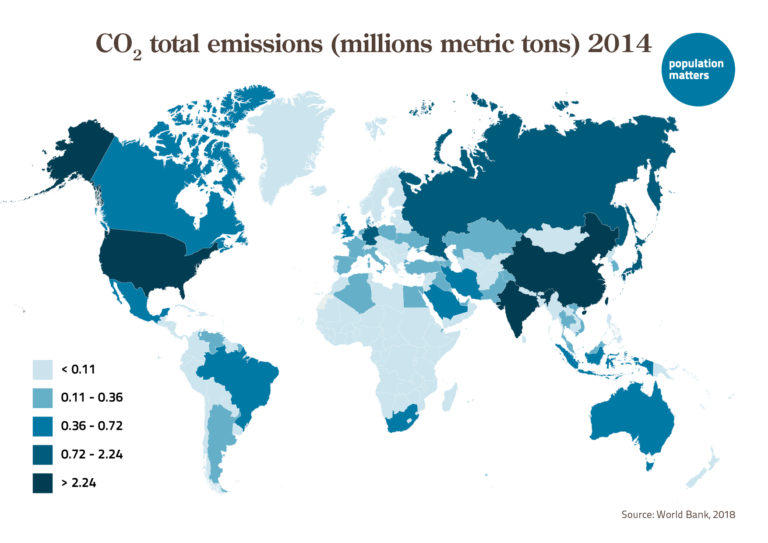

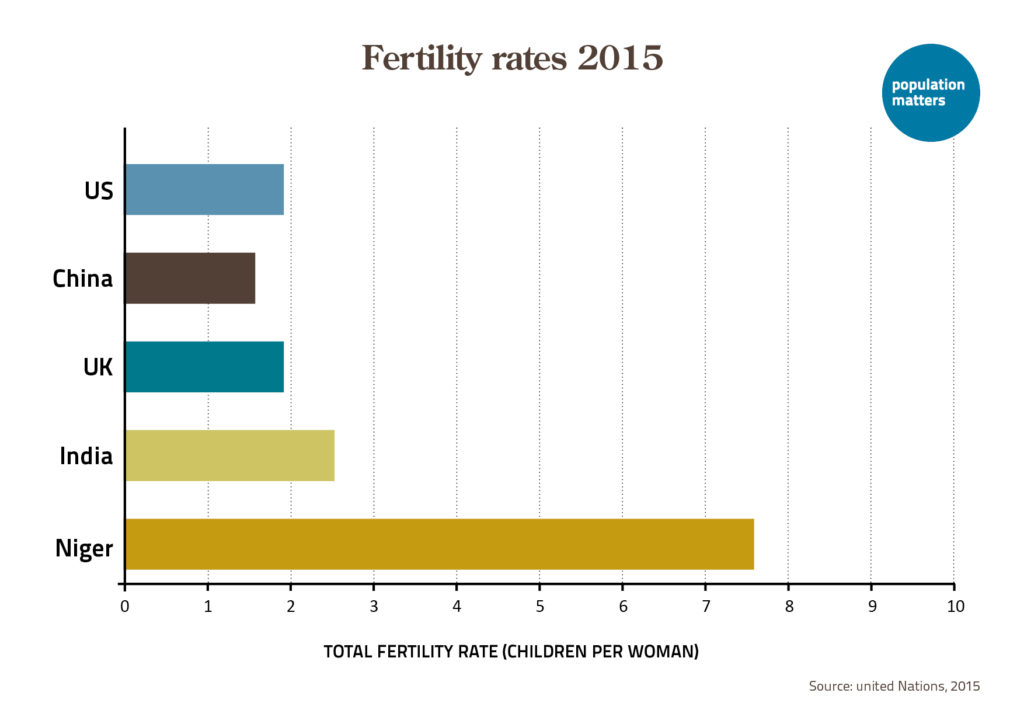
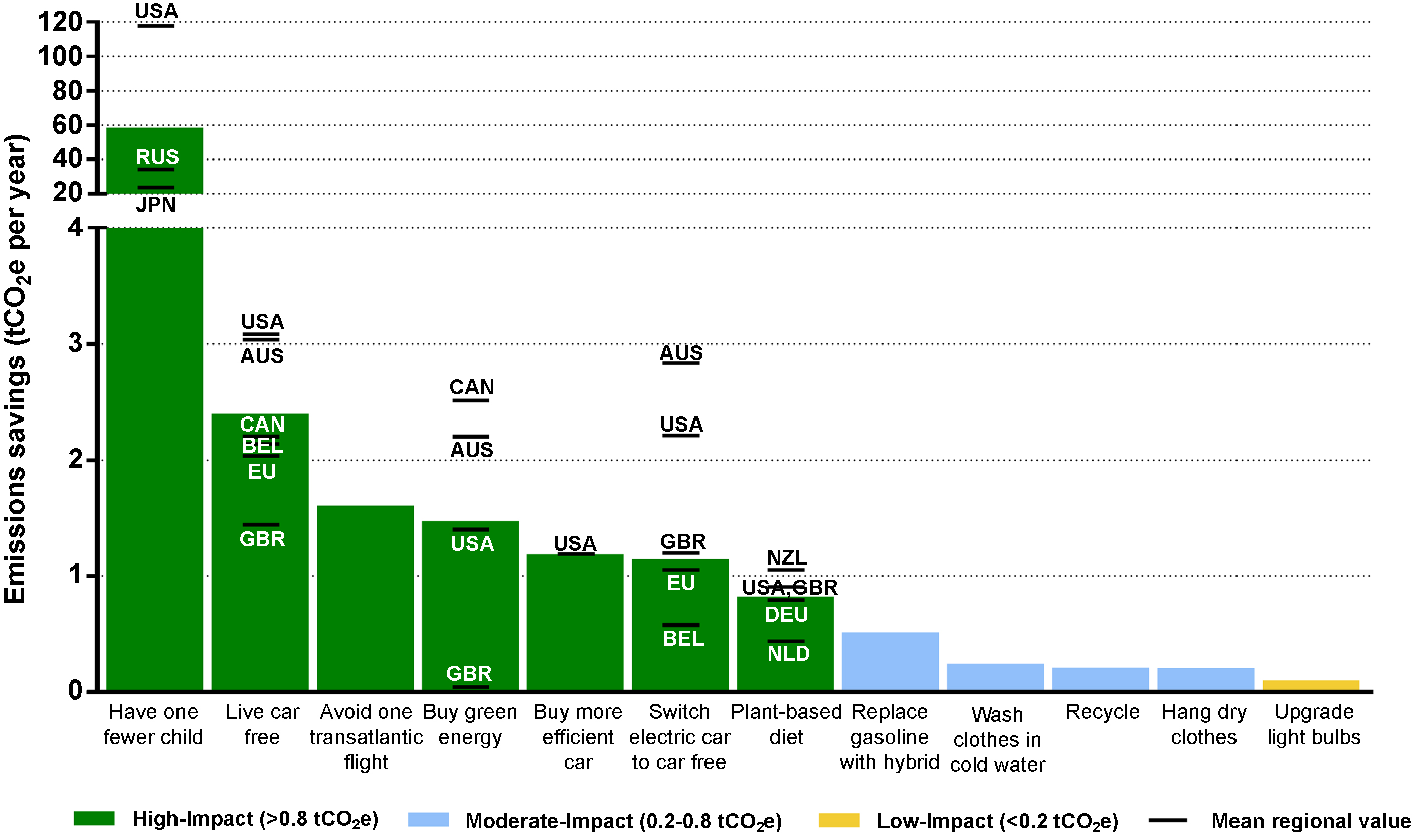



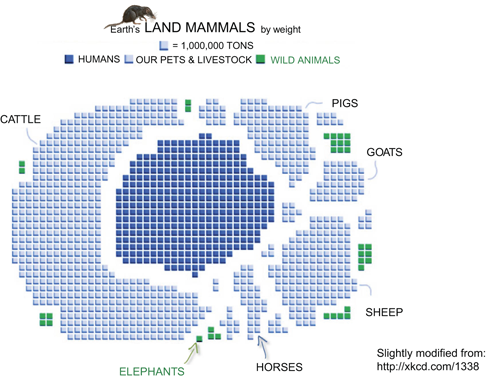

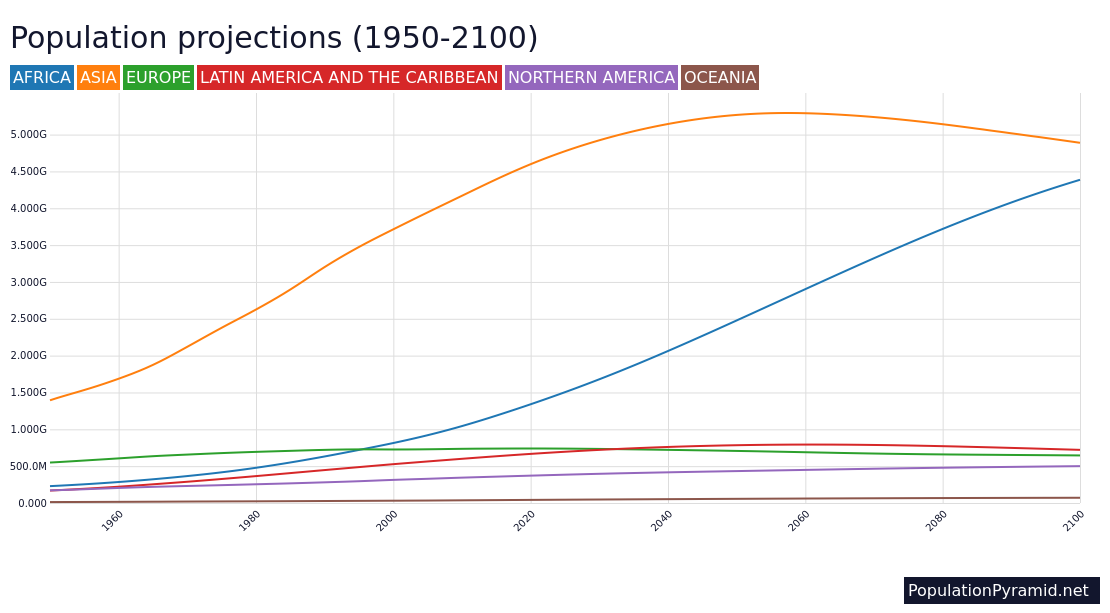
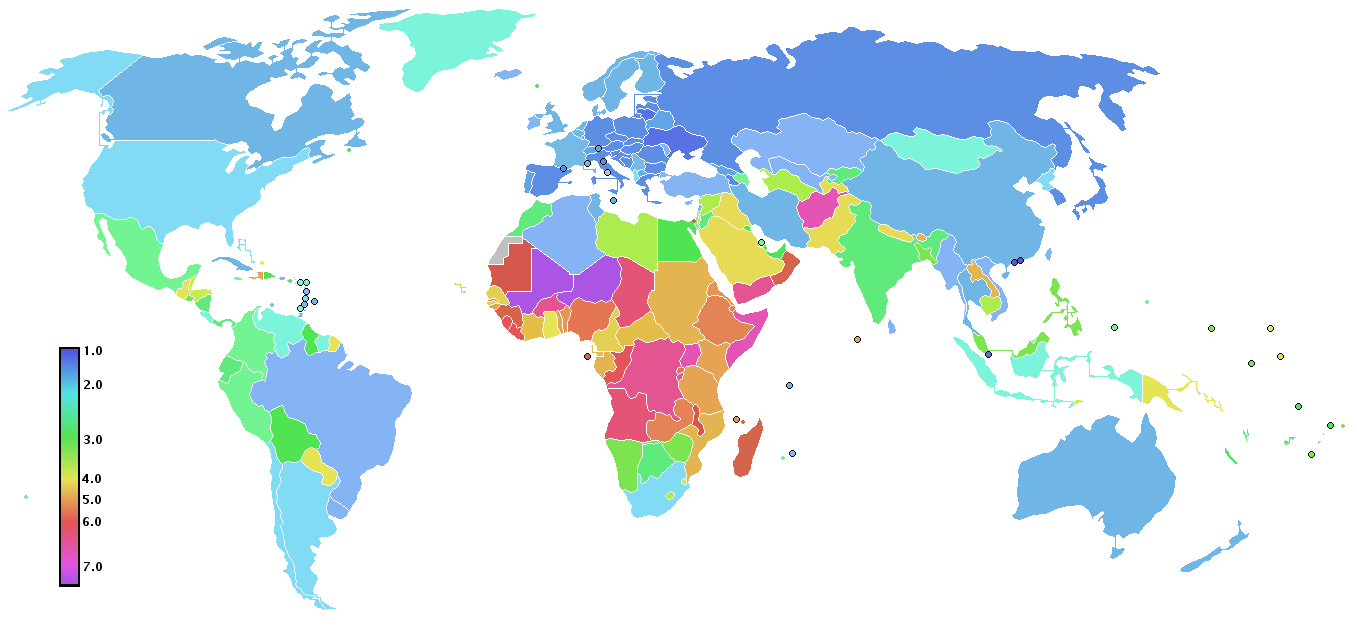
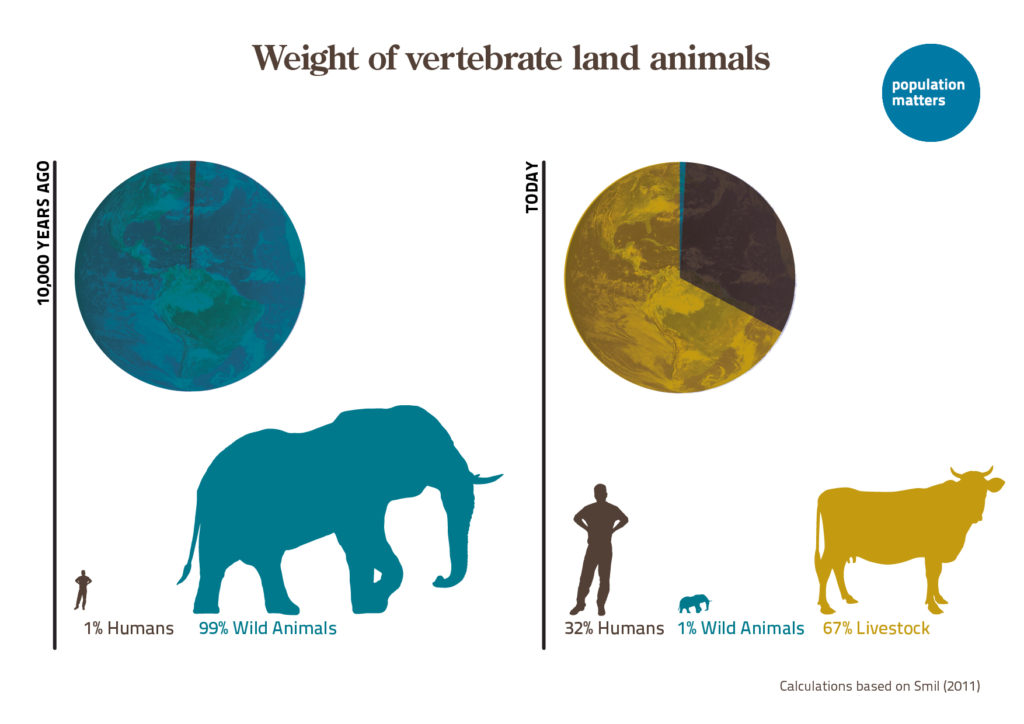

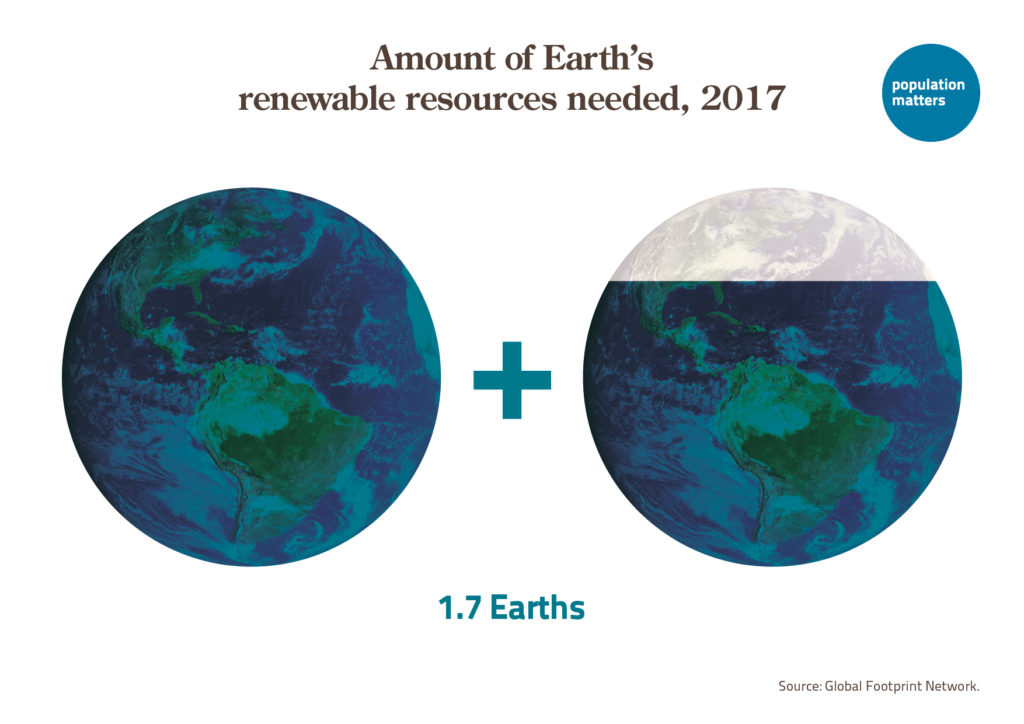


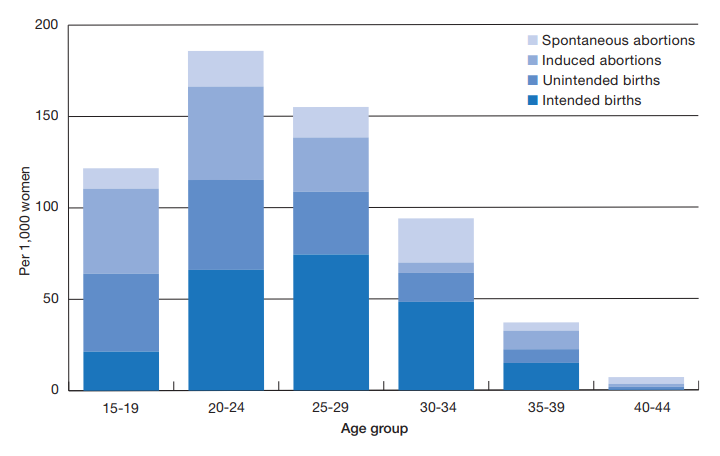
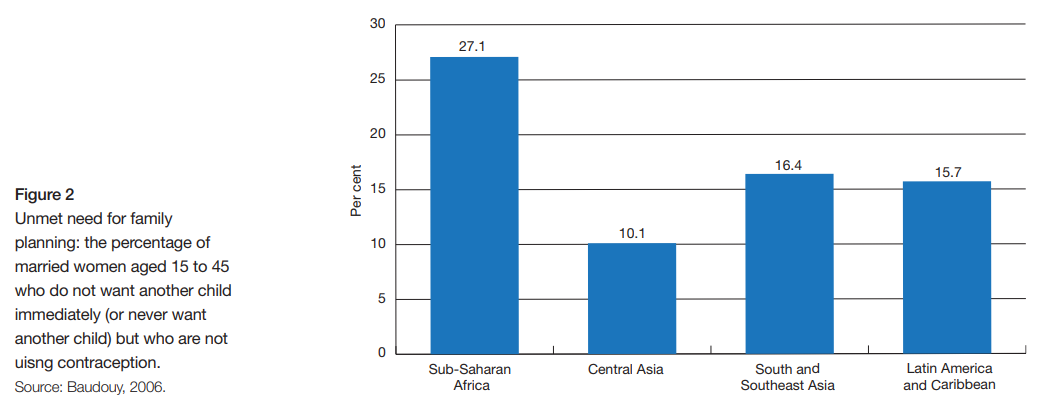
Leave a Reply